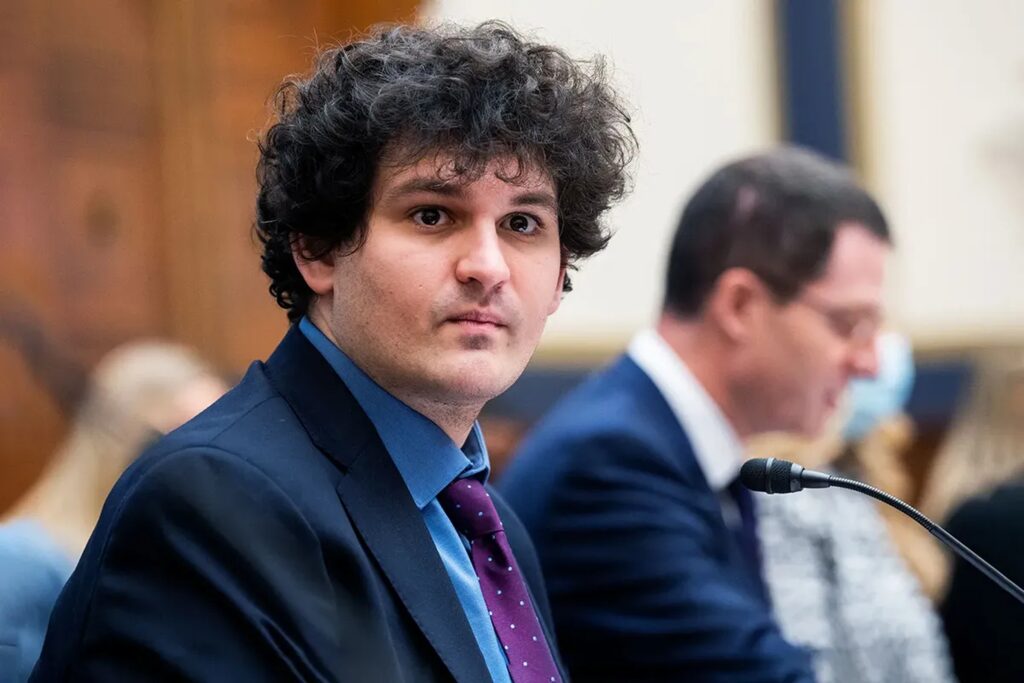Sam Bankman-Fried, the co-founder of the now-defunct cryptocurrency exchange FTX, was handed a 25-year prison term by Judge Lewis Kaplan today, Thursday.
Found guilty on charges of wire fraud and conspiracy, his actions led to FTX’s collapse and inflicted billions in losses on investors.
The conclusion of this high-profile legal battle saw prosecutors initially seeking a 40 to 50-year sentence for Bankman-Fried, but despite this, his defense is planning to appeal both the conviction and sentence.
In a significant move, Judge Kaplan also mandated the forfeiture of $11.02 billion from Bankman-Fried, recommending his incarceration in a facility with lower or medium security, as deemed suitable by the Bureau of Prisons.
These medium-security institutions typically feature robust perimeter security and offer various work programs for inmates.
During his sentencing, Bankman-Fried issued an apology to those affected by FTX’s downfall.
His sentence is notably less severe than Bernard Madoff’s 150 years but exceeds Elizabeth Holmes’ 11 years for similar white-collar crimes.
Bankman-Fried’s ascent in the cryptocurrency realm was meteoric. Founding FTX propelled him into the limelight, marking him as a beacon of success and innovation in digital currencies.
His fortune, once valued at an astonishing $26 billion by Forbes, was built swiftly before he reached 30.
However, prosecutors painted a darker picture, accusing him of misappropriating FTX customer funds over several years, an act that precipitated the exchange’s 2022 implosion.
The scandal’s repercussions were devastating: $8 billion lost by customers, $1.7 billion by equity investors, and $1.3 billion by lenders to Bankman-Fried’s hedge fund, Alameda Research.
Despite his protestations of innocence and insistence that he never intended to defraud, the jury convicted Bankman-Fried on seven counts of fraud and conspiracy.
Expressing remorse, Bankman-Fried recognized the impact of his actions on both customers and colleagues, though he consistently claimed innocence throughout his trial, attributing FTX’s failure to management errors rather than fraud.
In light of these events, his lawyer, Marc Mukasey, sought a reduced sentence, proposing a term between five years and three months to six years and six months, highlighting the saga as a cautionary tale for the crypto industry’s need for ethical conduct.
